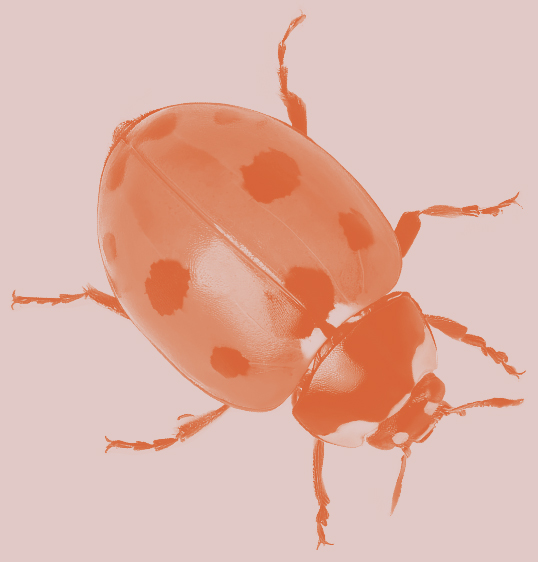L’impronta inconfondibile dei vini Rodaro, forgiata da oltre un secolo e mezzo di storia familiare, risiede nella capacità di raccontare il tempo, rivelando ad ogni sorso un’evoluzione complessa e affascinante che affonda le radici in una tradizione autentica.
Approfondisci
I vini di Paolo Rodaro nascono dal cuore.
La tradizione è un eredità preziosa, l’evoluzione è il nostro credo.



Il modo migliore per bere un buon calice è farlo in compagnia.
Conosciamoci.

